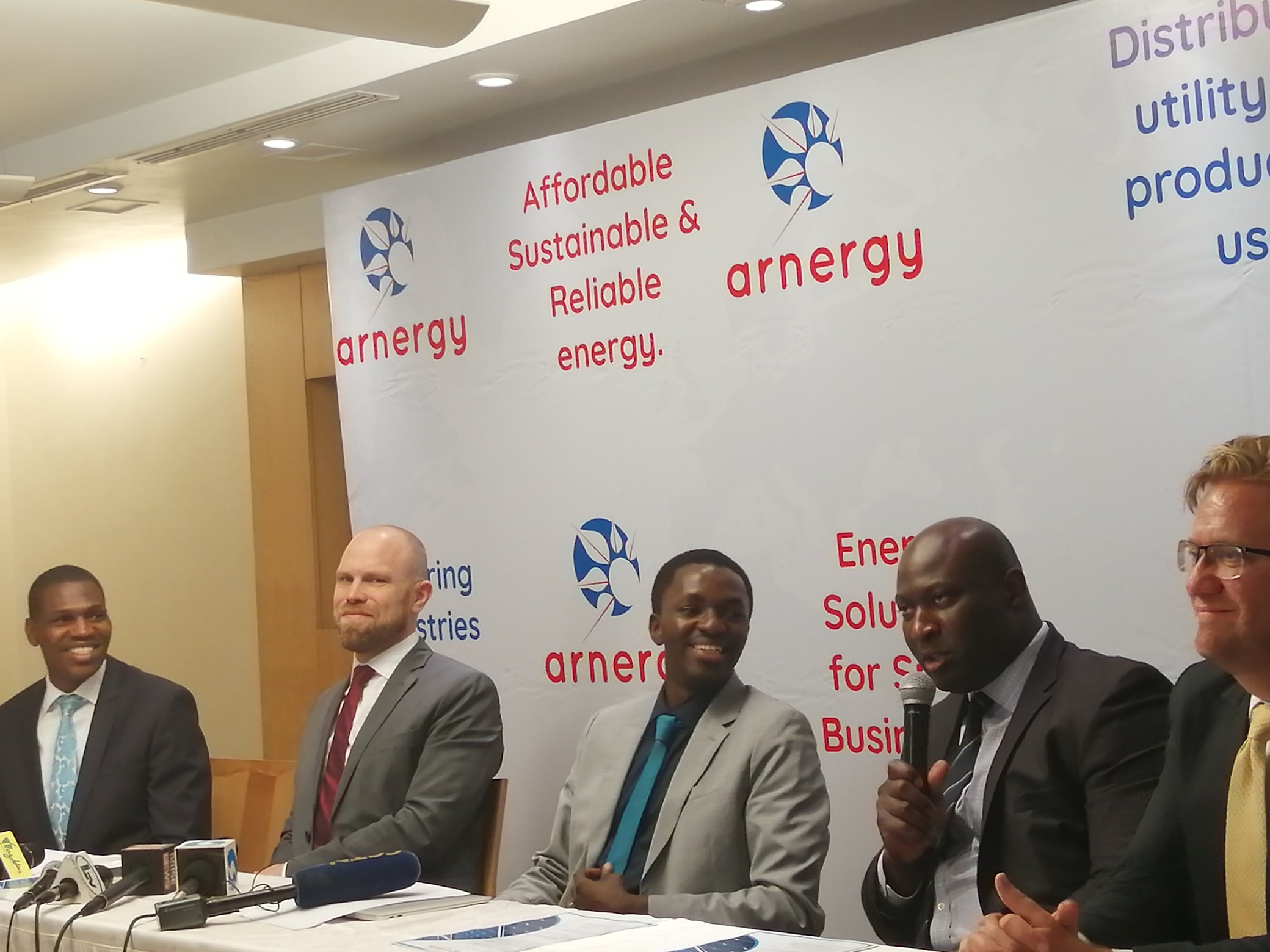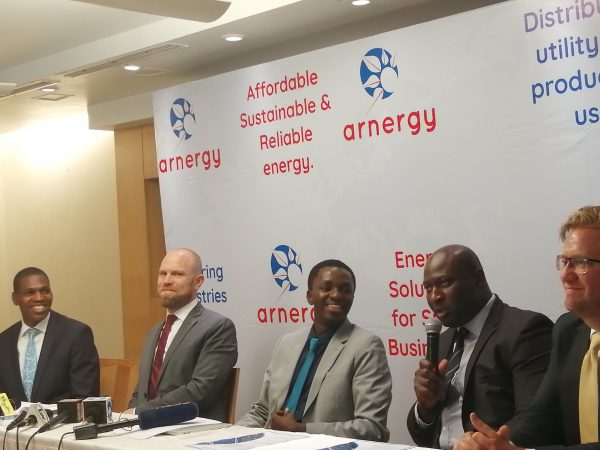In Nigeria, Citizens have always witnessed a shortage of power supply. So much that they have to rely on generators and fossil fuels to carry on their daily activities. In turn, this has affected several small businesses and increased the cost of their services. The problem of energy in Nigeria is not new.
Read more about Tech
Yet, it is still surprising that one out of two people has limited or no access to electricity. The country’s electricity grid has 12 GW of installed capacity. However, only about a quarter of it is available to consumers. There is also the option of self-generation through fossil fuel generators which is about 15GW. But the emission causes harm to humans and the environment.
According to a report by the Rocky Mountain Institute (RMI) and the World Bank, Nigerians consume about $9 billion annually in inadequate fuels. RMI estimates that renewable energy would save Nigeria from spending about $4.4 billion annually. Several solar energy companies have risen to the challenge of providing access to an alternative power supply. However, companies in this sector are dominated by international companies. And our love for everything foreign has made it difficult for local companies with similar capabilities to thrive.
Sign up for the Connect Nigeria daily newsletter
Despite this, Arnergy, a Nigerian local solar energy company has risen above the stereotype. To provide renewable energy to Nigerians with the $9 million it received in 2019. Now, Arnergy’s ability to provide alternative energy has significantly impacted the economy. Since it started powering businesses to make up for Nigeria’s lack of electricity. Founded in 2014 by Femi Adeyemo and Kunle Odebunmi, Arnergy simply provides solar power systems to homes and businesses. With a special focus on businesses in the hospitality, education, financial, agriculture and healthcare sectors.
Arnegy’s Model of Operations
Arnergy Solar runs 3 models for its operations which are Energy subscription, Lease to own and Outright sale models
Energy subscription: Anergy’s service subscription plan will allow a customer to pay a fixed monthly bill for energy use and it would be a custom rate for that customer.
Outright Sale (OS): This option allows customers to pay the outright cost to purchase a system.
Lease To Own (LO): This is a financial model that allows customers to lease the asset towards ownership after 36 months.
Register to attend the Connect Nigeria Business Mixer
For over the last 8 years, Arnergy has installed more than 3MW+ of electricity for over 2,000 clients and 266 paying clients. But yet the opportunity remains huge. Some of its big clientele include54gene, Rite, Dangote, Citi, Bank of industry, Heiniken, KPMG, GE healthcare, Shell etc. Also, it partners with Schneider Electricity, Jinko Solar and JA Solar to further facilitate its services. The startup hopes to power 35,000 homes and businesses across Nigeria at the end of 2023.
Final words
Arnegy’s mission is to deliver energy solutions for productive use. This is why it deploys products, services and systems that power homes and business operations to improve economic outcomes for its clients. Thoughthismissionseems ambitious, It has tailored its business model to suit it. This means that Arnegy provides energy for only productive-use consumers. Thus setting it apart and placing it an advantage over other players in the sector. Perhaps this is why the startup is targeting markets such as health, education, hospitality, agribusiness, and SMEs. If all goes well, the model could impact the Nigerian economy significantly.


